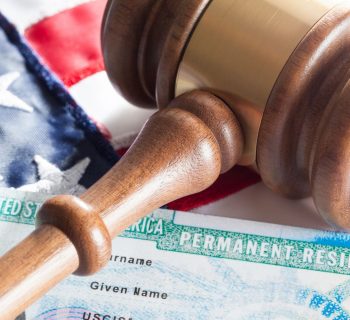The Trump administration’s decision to end the Temporary Protected Status for nearly 200,000 people from El Salvador who have been allowed to live in the United States for more than a decade comes as no surprise, given President Trump’s attitude toward immigration and his past decisions to end protected status for Haitians and Nicaraguans. It’s the wrong decision, on humanitarian and practical grounds.
The T.P.S. program was approved in 1990 to allow undocumented foreigners who were in the United States when disaster struck their homeland to remain in the country until it was safe to return. The Salvadorans were granted protected status after a pair of devastating earthquakes in their land in 2001, and their status was extended several times by the George W. Bush and Obama administrations.
Technically, the Department of Homeland Security is right that the conditions created by those quakes no longer exist. But the reasons the Salvadorans, like the Haitians and Nicaraguans, should be allowed to stay far outweigh the technically legal reasons to send them home.
There is nothing stopping Congress and the Trump administration from rewriting immigration law to avoid such harsh choices in the future. And President Trump signaled on Tuesday that he’d consider compromise on the hundreds of thousands of so-called Dreamers, undocumented immigrants brought to the United States as children.
Most of the Salvadorans who originally qualified for protected status fled a brutal civil war in their country between 1980 and 1992 — a war the United States fanned by its military support for the Salvadoran government. More than half of the Salvadorans under the program have lived in the United States for more than 20 years, and most have been working legally, paying taxes and raising families, including American-born children.
To uproot them is cruel and unnecessary.
Though El Salvador has rebuilt since the 2001 earthquakes, it remains ravaged by gang violence, drought and poverty, and its governments have regularly appealed to Washington not to aggravate the problems by repatriating thousands of people and halting the money they send back. In 2016, about $4.6 billion in remittances accounted for 17 percent of El Salvador’s economy.
The Trump administration has made its move. But the government has given the Salvadorans 18 months to prepare. That, as the homeland security secretary, Kirstjen Nielsen, noted in her decision, is also plenty of time for Congress to “craft a potential legislative solution” that would make it possible for people who have lived in the United States for many years under T.P.S. to find another legal way to stay in the United States.







